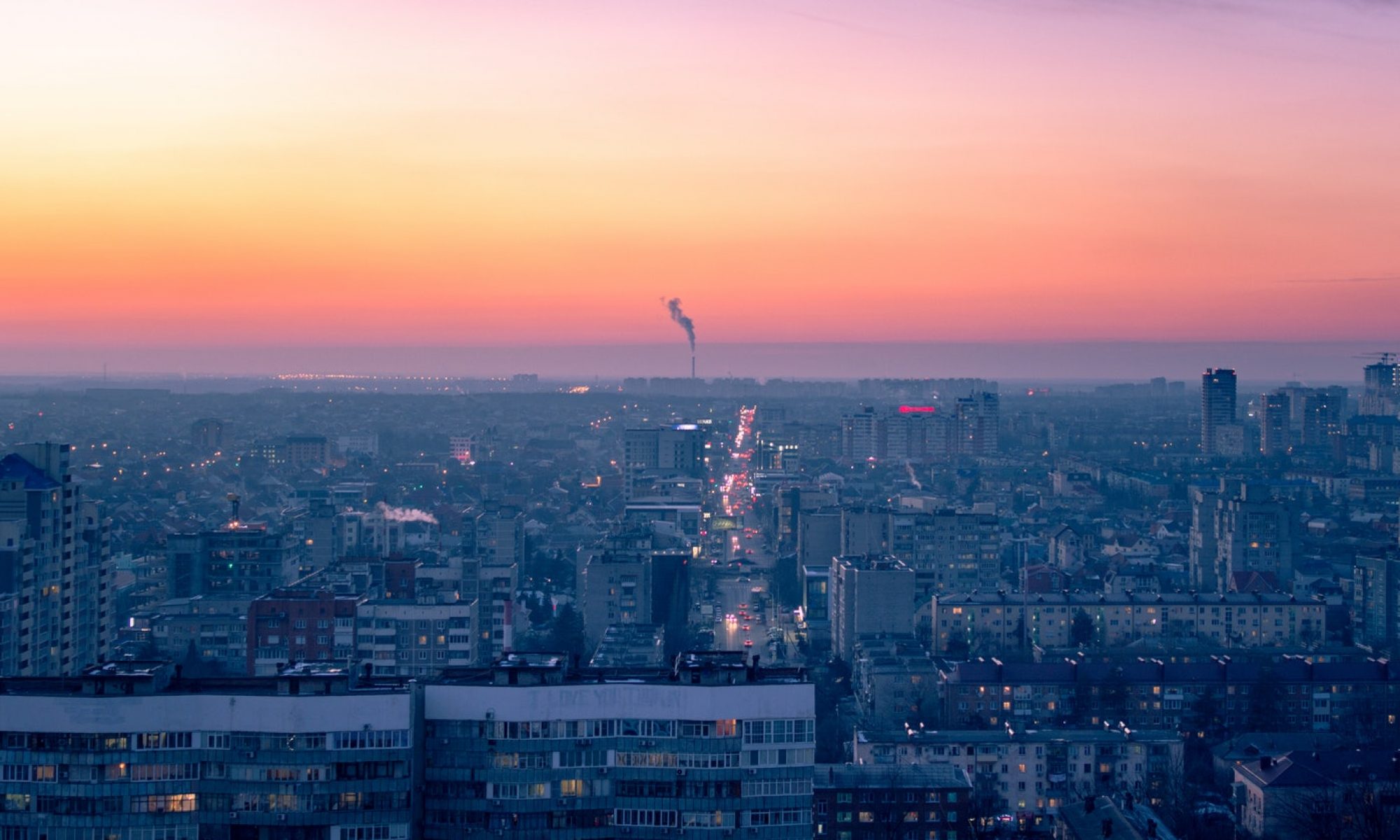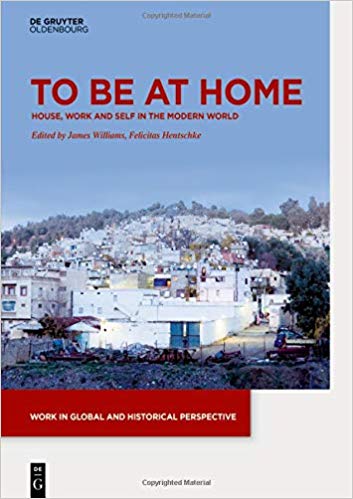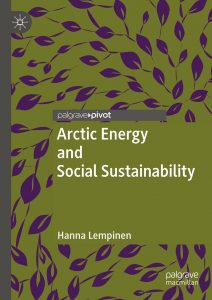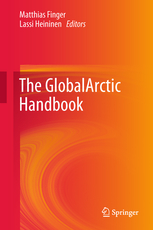Sakari Höysniemi wrote a new blog post “Onko Suomen ja Venäjän välinen energiakauppa uhka vai mahdollisuus?” (Is energy trade between Finland and Russia a threat or an opportunity?) for Winland project.
The report, released this week by the Intergovernmental Panel on Climate Change (IPCC) highlighted the urgent need to reduce emissions and the need to spread climate policy to all social decision-making. Few countries, however, are doing this now. Sakari Höysniemi from Winland project looks at the recent research article on how the reduction of emissions affects trade and relationships between energy producers and consumers.
Read Sakari’s full post for the Winland blog online here.






